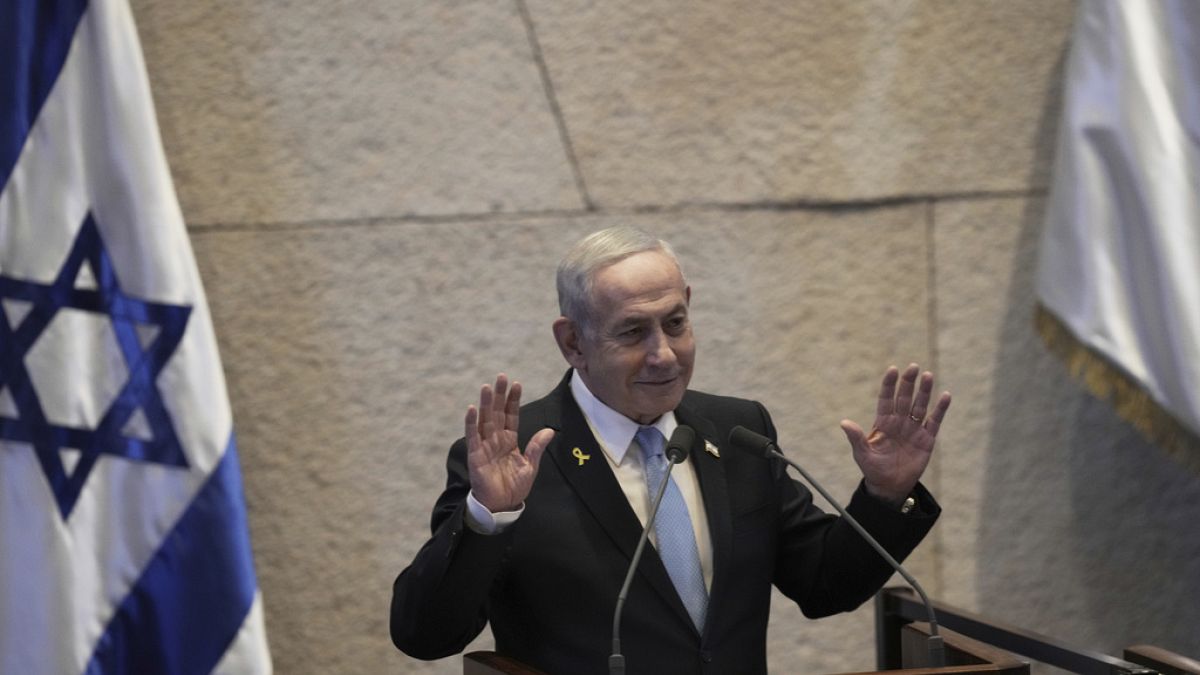

In a series of significant international developments, diplomatic efforts are gaining traction across multiple fronts, bringing hope and renewal in the midst of regional tensions and global realignments. This week, several key initiatives aimed at fostering peace and rebuilding relationships have come to the forefront, signaling positive momentum in various geopolitical arenas.
A prominent development is the ongoing diplomatic endeavor led by US President Donald Trump to establish a ceasefire between Israel and Hamas. Both Israel and Hamas have shown indications of willingness to engage, with Israel accepting a US proposal and Hamas providing a “positive response” through mediators. This delicate yet hopeful exchange has raised expectations for a potential ceasefire agreement that could halt ongoing hostilities after over 21 months of conflict.
While these peace talks unfold, a rally took place in Tel Aviv, where citizens gathered to voice their concerns and call for the release of hostages held in Gaza. This public demonstration reflects the deep-seated desire for peace and resolution amongst affected communities as Israeli leaders consider Hamas’ response to the proposed ceasefire agreement.
In parallel, Iran finds itself in a challenging position, acknowledging that its alliances with Russia and China have not yielded anticipated support during recent tumultuous periods involving Israeli and US attacks. Despite Tehran’s strategic trade relations, including arms sales to Russia and oil deals with China, these gestures were insufficient to procure much-needed aid in critical moments, highlighting Iran’s solitude in the face of crisis.
Further afield, German President Frank-Walter Steinmeier has reassured Lithuania of continued support, reflecting a firm commitment to shared security and mutual values. His visit to Vilnius underscored the strategic partnership between Germany and Lithuania, emphasizing that their intertwined destinies are protected under a united European vision.
Meanwhile, the European Union has showcased its commitment to nurturing European aspirations by reaffirming support for Moldova’s EU membership bid. A landmark summit led by EU leaders has outlined investment strategies aimed at bolstering Moldova’s economy and reducing its susceptibility to external pressures, primarily from neighboring Russia. This strategic backing serves as a significant step towards consolidating Moldova’s future within the European framework.
In a noteworthy diplomatic shift, the United Kingdom has announced the revival of diplomatic relations with Syria. During a historic visit, Foreign Secretary David Lammy emphasized the UK’s interests in supporting Syria’s emerging government to foster stability and a prosperous future for Syrians. This represents a marked change in foreign policy following years of Syrian civil strife.
Back in the Middle East, peace negotiations are underway in Qatar between Israel and Hamas, although complexity remains. Despite ongoing airstrikes in Gaza, there is optimism that a US-sponsored proposal for a 60-day ceasefire could pave the way for longer-term peaceful resolution. The perseverance of these talks offers glimmers of hope amidst the otherwise grim backdrop of regional violence.
The weaving of diplomatic threads among these varied, yet interconnected, narratives illustrates a broader trend of global efforts toward conflict resolution and rekindling international relationships. The path ahead remains challenging, but these initiatives highlight a collective aspiration for lasting peace and stability across diverse regions.
Source: {link}
